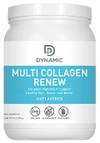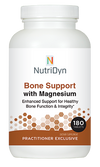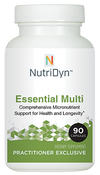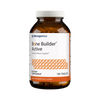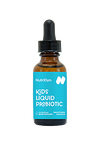Does Addinng Vitamin D/D3 Reduce Progression in Early MS?
- News
- 12 Jul, 2021
Yes see Dr Direct 4U Vitamin D
The attached blog has been edited, Reed Wilson, director of Health and Communications from this site: original https://www.lifeextension.com/whatshot/2014/1/delayed-association-between-insufficient-vitamin-d-and-cognitive-impairment-among-exceptionally-long-lived-individuals?
Before you consider adding any supplements to your Childs' diet, Dr. Direct4u.com strongly recommends consulting your Health Care Provider
January 27 2014. Having a higher serum 25-hydroxyvitamin D level upon an initial episode suggestive of MS (multiple sclerosis) (MS) could reduce the chance of a second episode or other signs of disease progression according to an article published in the March 2014 issue of the American Medical Association journal JAMA Neurology.
The study evaluated data from 465 participants in the Betaferon/Betaseron in Newly Emerging multiple sclerosis for Initial Treatment (BENEFIT) trial, which evaluated early versus delayed interferon beta-1b treatment in patients with an initial episode of neurological dysfunction suggestive of MS. (Definitive diagnosis of MS requires the occurrence of a second clinical event.) The subjects were followed for up to five years, during which magnetic resonance imaging (MRI) was conducted quarterly for 12 months, and at 18, 24, 36, 48 and 60 months. For the current study, Alberto Ascherio, MD, DrPH, and his associates examined the association between the risk of disease progression and serum 25-hydroxyvitamin D levels measured at least once among four time points over the two years following enrollment in the BENEFIT trial.
Having a higher serum level of vitamin D was associated with a reduced rate of conversion to MS over the follow-up period. "By the end of the follow-up at 60 months, those patients with serum 25(OH)D concentrations greater than or equal to 50 nmol/L [20 ng/mL] had a 4-times lower change in T2 lesion volume, a 2-fold lower rate of brain atrophy, and lower disability than those below 50 nmol/ [20 ng/mL]," the authors report.
"These results suggest vitamin D/D3 has an important role in the early treatment of MS," This study debunks other earklier reports of vitamin D/D3 importance in fighting thee early stages of MS.
Reed Wilson







